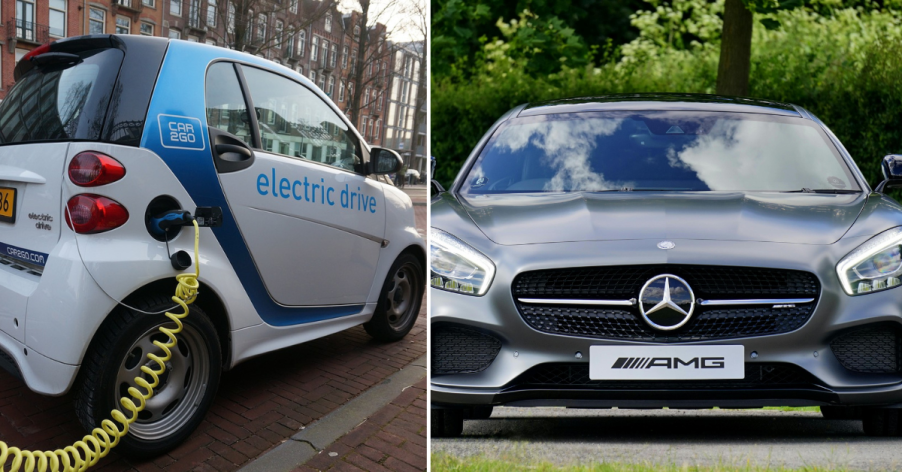
Why Gas Vehicles Triumph Over Electric Cars

The upswing of electric vehicles (EVs) has sparked a global conversation about the future of road transport. While EVs are praised for their environmental benefits and technological advancements, traditional gasoline-powered cars continue to hold a distinct edge in many aspects. Here’s why:
Refueling Convenience

Refueling a gasoline vehicle is quick and straightforward. Drivers can fill up their tanks in minutes at numerous gas stations. Conversely, EVs require longer charging times, which can be inconvenient for those on long journeys or in areas with limited charging infrastructure.
Range Anxiety

This remains a critical concern for potential EV buyers. While developments in battery technology have improved EV ranges, many models still cannot match the distance that gas vehicles can cover on a single tank.
Performance and Power

Gasoline engines provide instant power and torque, thus allowing quick acceleration. However, while EVs offer great torque, they often lack top-end power and fail to provide sustained top-level performance during high-speed driving.
Initial Costs

The initial purchase price of EVs is often higher than that of comparable gas vehicles. Although government incentives can help offset these costs, many consumers remain hesitant to invest in an electric car, especially when cheaper gasoline options are readily available.
Infrastructure Challenges

There is a well-established infrastructure for gasoline vehicles, including gas stations everywhere. While EV charging stations are increasing in number, they are still not as widespread, making it difficult for electric car owners to find suitable charging options.
Variety of Choices

In the gas vehicle market, there are several vehicles available, such as compact cars, SUVs, and trucks. Manufacturers have mastered the art of catering to different preferences and needs. Comparatively, the variety of electric options remains scarce.
Resale Value Strength

Over time, gasoline vehicles tend to retain their resale value better than electric cars. The broad consumer market for used gas cars ensures quicker sales at competitive prices. In contrast, the specialized market for EVs can make resale more challenging due to fewer potential buyers.
Reliability and Maintenance

Thanks to their familiar mechanics and established technology, gas vehicles are known for their long-term reliability. Additionally, the repair knowledge surrounding combustion engines is widespread, and owners can easily access experienced mechanics for maintenance or repairs.
Seasonal Reliability

Gasoline vehicles endure harsh weather conditions with greater reliability compared to EVs. Cold weather can significantly impact battery performance and driving range for electric cars. The stability of gas engines during seasonal extremes continues to be a significant advantage.
Towing Capacity

For consumers who require towing capabilities, gas vehicles often outperform their electric counterparts. Many gas trucks and SUVs are designed for heavy-duty tasks, while EVs typically have lower towing capacities, limiting their appeal to certain buyers.
Driving Experience

The driving experience of gas vehicles is often described as more engaging and dynamic. Many drivers appreciate the tactile feedback and responsiveness of gas cars, which can be less pronounced in EVs.
Fuel Choice Flexibility

Gas cars have the versatility to operate on various fuels, providing options to drivers. Ethanol and biodiesel can be viable alternatives, whereas EVs depend solely on electricity. This singular reliance can be a limiting factor for consumers seeking versatility.
Ideal for Road Trips

Inherently better prepared for spontaneous road trips, gas cars enable drivers to travel vast distances without the concern of locating a charging station, which can often lead to unforeseen delays. Travel enthusiasts cannot overlook this convenience.
DIY Potential

Gas cars often present opportunities for do-it-yourself repairs and modifications. The accessibility for home mechanics fosters a community spirit and self-sufficiency, whereas EVs require specialized training and tools, limiting personal involvement in their maintenance.
Freedom from Tech Dependence

Gas vehicles operate independently from software updates and internet connectivity. This reliability eliminates the risk of technological hiccups hampering performance. In contrast, outdated software or connectivity issues in EVs can pose significant challenges.


